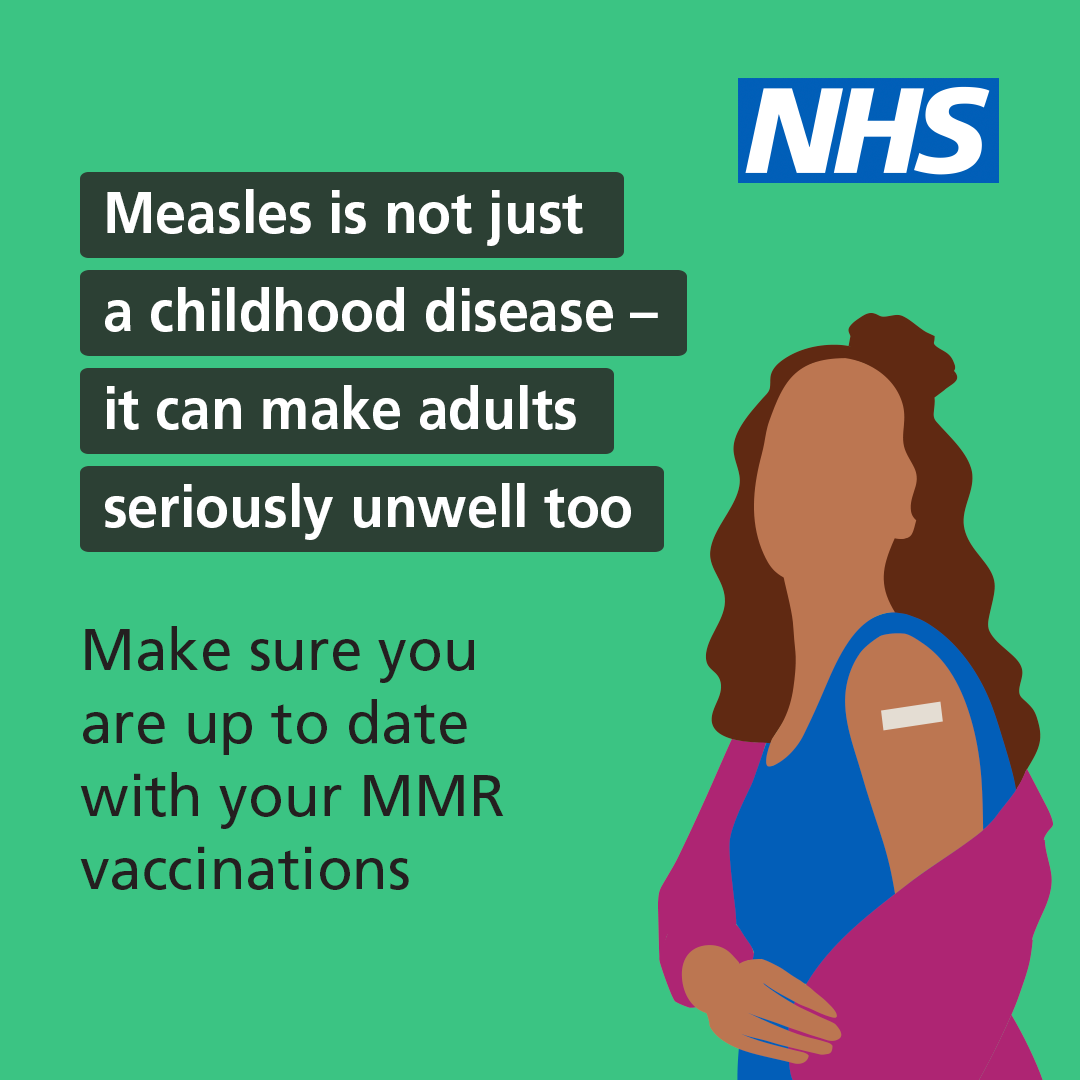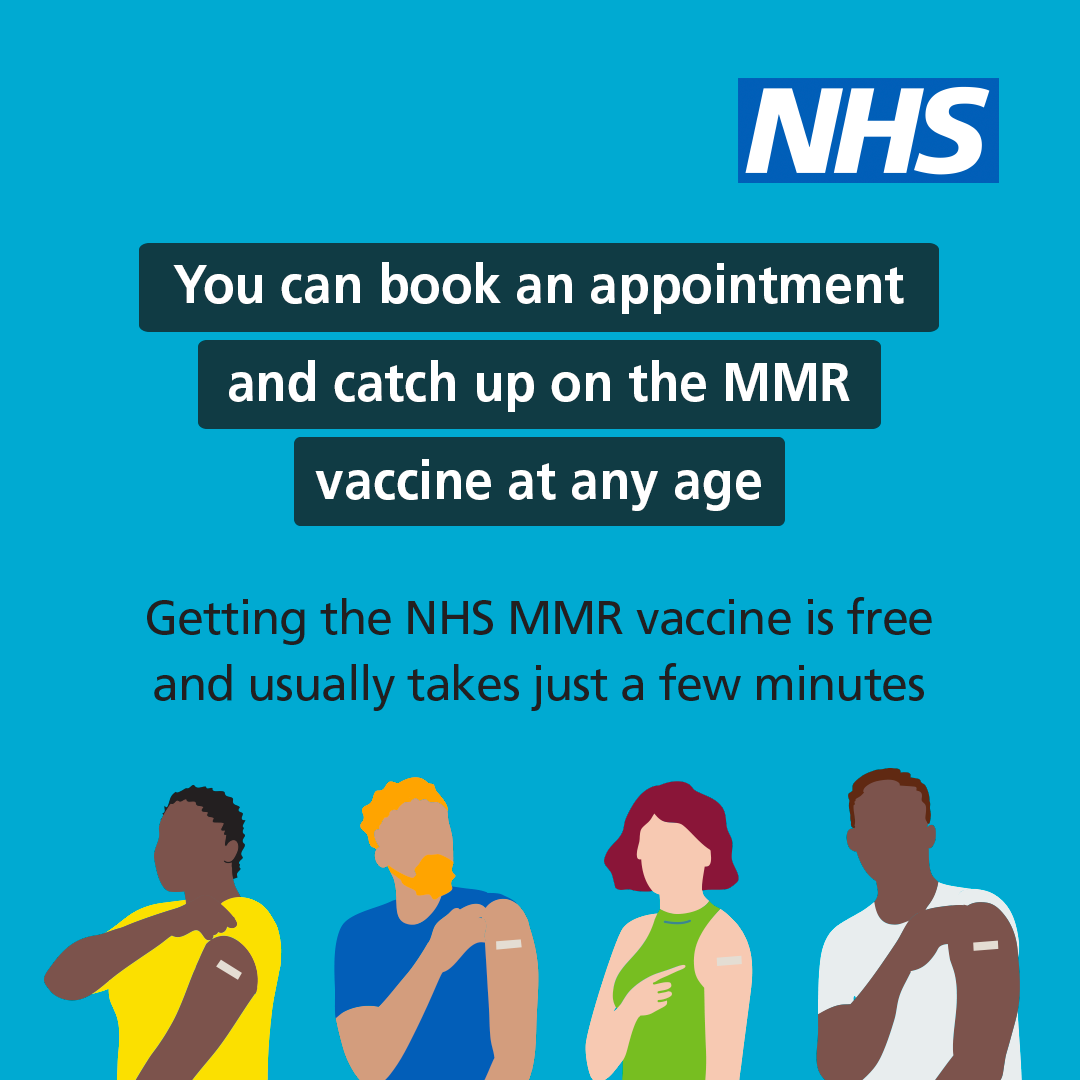The UK Health Security Agency (UKHSA) has declared a national incident in response to an increasing incidence of measles infection in England. The World Health Organization has also warned about the considerable increase in measles cases across Europe.
Measles is not a trivial childhood infection but a highly contagious vaccine-preventable disease; it can cause serious side effects and death. If transmission occurs during pregnancy, the consequences can be very serious - causing stillbirth, miscarriage, and low birth weight. Those most at risk include babies, young children, pregnant people, and those with a weakened immune system. Young people born between 1998 and 2004 are the most susceptible to infection. However, people born before 1970 are considered not to be at risk.
The infection is transmitted through coughing and sneezing; symptoms include;
- fever,
- a runny nose,
- Red, sore, watering eyes,
- A rash of red-brown spots extending from the face and behind the ears to the rest of the body. Sometimes, the spots are raised and join to form large blotchy patches. They're not usually itchy. The rash looks brown or red on white skin. It may be harder to see on brown and black skin.
The incubation period is typically around 10 to 12 days from exposure to onset of symptoms but can vary from 7 to 21 days. The period of infectiousness generally starts from 4 days before the rash and lasts up to 4 full days after the onset of the rash.
Measles Mumps and Rubella (MMR) is the only recommended vaccine in the UK.
There have been a few outbreaks in the UK since 2016, and this increased incidence of infection is due to the reduced uptake of the MMR vaccine during and since the COVID-19 pandemic. London has the lowest uptake rates.
A single dose of vaccine is ineffective in giving long-term immunity; two doses of the safe and effective MMR vaccine are needed to confer life-long protection.
- If you are unsure of your vaccination status, contact your GP practice.
- If you have lived in another country during childhood and are unsure of your vaccination status, you can also access the vaccine by contacting your GP.
- If your records are difficult to access, a third dose of MMR is unlikely to cause harm.
This webpage outlines the most common concerns about the MMR vaccine.
https://www.gov.uk/government/publications/mmr-for-all-general-leaflet/mmr-for-all-general-guide
If you have symptoms, you should telephone your GP for advice. If you are diagnosed with confirmed or likely Measles infection, you must stay home for four days after the rash appears and notify your department. The local Health Protection Team will undertake contact tracing.
Unvaccinated people whom UKHSA has notified that they have been in contact with an infectious case are required to stay away from the university for 21 days.
If you have had two doses of MMR vaccination, you will be protected.


